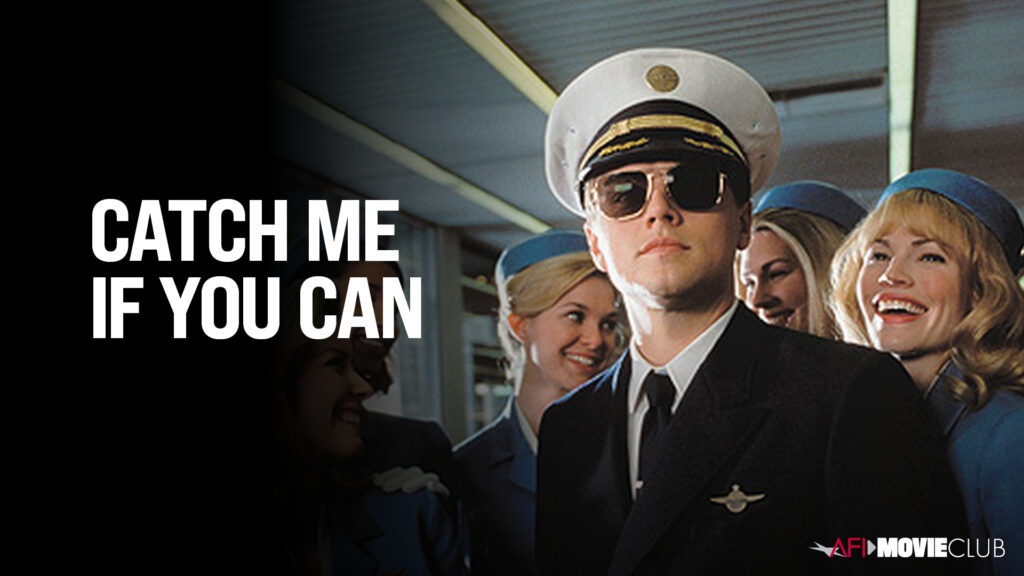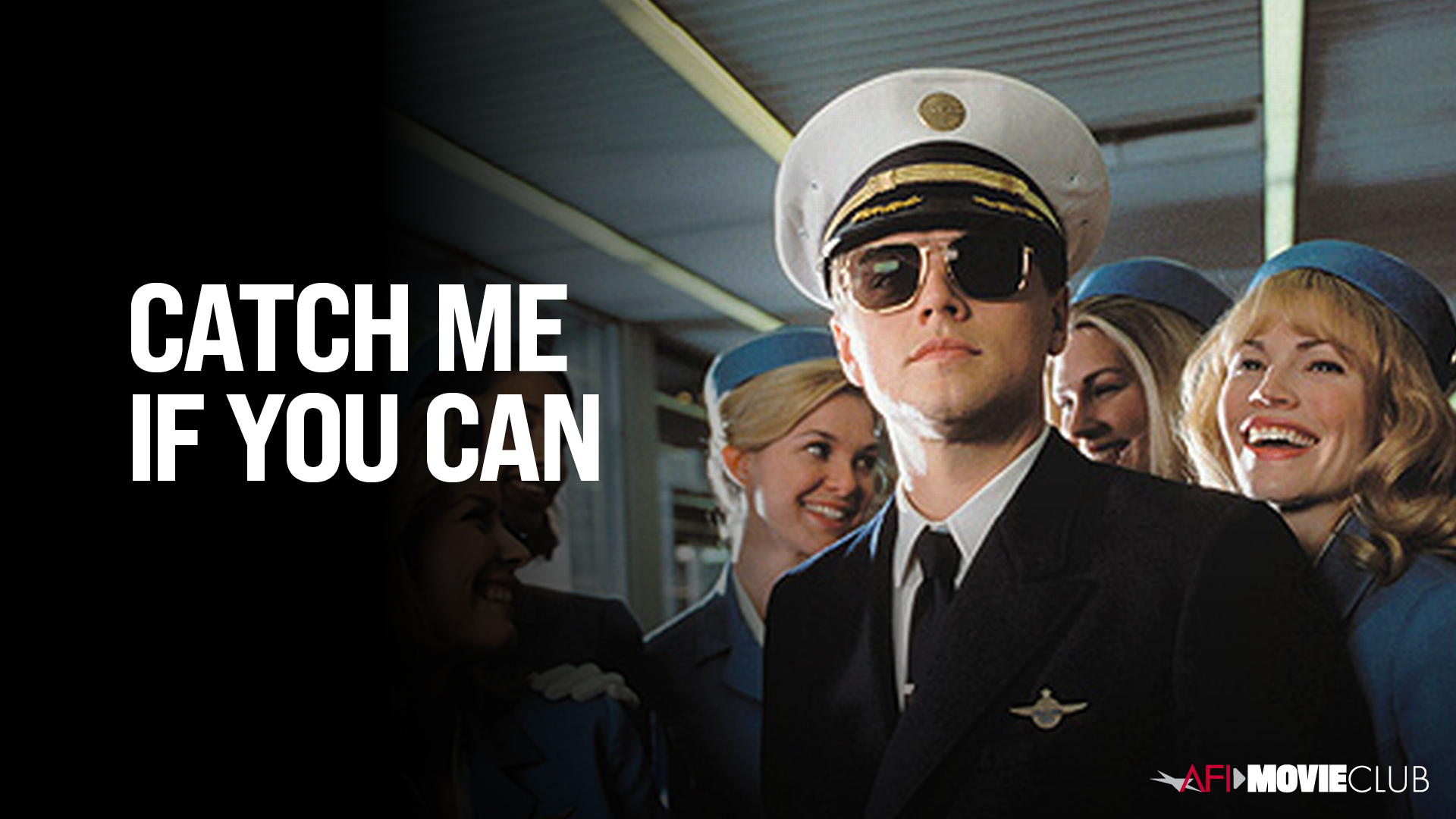
Catch Me If You Can: Unraveling the True Story Behind the Blockbuster Film
Catch Me If You Can, the 2002 biographical crime film directed by Steven Spielberg and starring Leonardo DiCaprio and Tom Hanks, captivated audiences worldwide. But how much of the film is based on the actual life of Frank Abagnale Jr., the con artist it portrays? This article delves into the true story behind Catch Me If You Can, separating fact from fiction and exploring the extraordinary life of one of history’s most audacious imposters.
The Real Frank Abagnale Jr.
Frank Abagnale Jr.’s story is undeniably remarkable. In the 1960s, as a teenager, he successfully impersonated a Pan American World Airways pilot, a doctor, and a lawyer, all while forging checks worth millions of dollars. His youthful appearance and inherent charm allowed him to navigate these roles with surprising ease, evading capture for years. The film, Catch Me If You Can, dramatizes these exploits, but several aspects are embellished or entirely fictionalized for cinematic effect.
Fact vs. Fiction: Dissecting the Film’s Accuracy
While the core narrative of Catch Me If You Can centers around Abagnale’s cons, the film takes liberties with certain details. Here’s a breakdown of what’s true and what’s fabricated:
- The Pilot Impersonation: This is largely accurate. Abagnale did pose as a Pan Am pilot, deadheading on flights around the world. He obtained a uniform and forged identification, allowing him to travel extensively without paying for tickets.
- The Doctor and Lawyer Roles: These are also based on reality. Abagnale briefly worked as a pediatrician in Georgia and later passed the Louisiana bar exam using forged documents.
- The Check Forgery: Abagnale’s skill in forging checks was a key element of his success. The film accurately portrays his meticulous approach to creating convincing counterfeit checks.
- The Romantic Relationships: The film depicts romantic relationships that are largely fictionalized. Brenda Strong, the nurse Abagnale falls for in the movie, is a composite character not based on any specific person in Abagnale’s life.
- The FBI Agent Pursuit: Agent Carl Hanratty, played by Tom Hanks, is loosely based on FBI agent Joseph Shea. While Shea did pursue Abagnale, the adversarial yet almost father-son relationship portrayed in the film is a dramatic invention.
- The Scale of the Crimes: The film arguably underplays the sheer scale of Abagnale’s fraudulent activities. He forged checks totaling millions of dollars and traveled extensively under false pretenses, impacting numerous individuals and institutions.
Abagnale’s Capture and Subsequent Career
After years of evading authorities, Abagnale was eventually apprehended in France in 1969. He served time in French, Swedish, and American prisons. Following his release, he leveraged his expertise in fraud prevention, working with banks and corporations to develop security measures to combat check fraud and other forms of financial crime. This transformation from con artist to security consultant is a significant part of his true story and is touched upon in Catch Me If You Can.
The Film’s Impact and Abagnale’s Legacy
Catch Me If You Can brought Abagnale’s story to a global audience, cementing his place in popular culture. The film’s success sparked renewed interest in his life and career. However, it also led to scrutiny and debate regarding the accuracy of his claims. Some critics and journalists have questioned the veracity of certain aspects of his narrative, suggesting that he may have exaggerated his exploits. Despite these controversies, the film remains a compelling portrayal of a complex and fascinating individual.
Analyzing the True Story Through Different Lenses
The true story of Frank Abagnale Jr., and its depiction in Catch Me If You Can, can be analyzed from multiple perspectives. Ethically, his actions were undoubtedly wrong, causing financial harm and undermining trust in various institutions. Psychologically, his ability to assume different identities and maintain elaborate lies suggests a deep understanding of human behavior and a willingness to exploit vulnerabilities. Sociologically, his story reflects the cultural anxieties of the 1960s, a period marked by rapid social change and a growing distrust of authority.
The Enduring Appeal of the “Catch Me If You Can” Narrative
The enduring appeal of the “catch me if you can” narrative lies in its inherent drama and the vicarious thrill of witnessing someone outsmart the system. Frank Abagnale Jr.’s story, regardless of its embellishments, embodies this archetype. He represents the audacious individual who dares to defy expectations and challenge established norms. While his methods were illegal and unethical, his story taps into a primal human desire for freedom, adventure, and the satisfaction of overcoming seemingly insurmountable obstacles.
The Role of the Film in Shaping Public Perception
Catch Me If You Can has undoubtedly shaped public perception of Frank Abagnale Jr. The film’s portrayal of him as a charming and resourceful young man, albeit one who committed crimes, has contributed to a romanticized view of his life. While the film acknowledges the consequences of his actions, it also emphasizes his intelligence, adaptability, and eventual redemption. This nuanced portrayal has made it difficult for some to reconcile the fictionalized version of Abagnale with the reality of his criminal past.
Abagnale’s Current Life and Work
Today, Frank Abagnale Jr. is a respected security consultant and author. He continues to advise businesses and government agencies on fraud prevention techniques. He has written several books on the subject, sharing his insights and experiences with a wide audience. His transformation from con artist to fraud expert is a testament to his ability to learn from his mistakes and use his unique skills for positive purposes. The story of Catch Me If You Can continues to resonate, but the real story is one of change and redemption.
The Importance of Critical Thinking When Evaluating True Crime Stories
The story of Catch Me If You Can serves as a reminder of the importance of critical thinking when evaluating true crime stories. While these narratives can be captivating and entertaining, it’s crucial to distinguish between fact and fiction. Filmmakers and authors often take liberties with the truth to enhance the dramatic impact of their stories. It’s therefore essential to consult multiple sources and consider different perspectives before forming conclusions about the events and individuals involved. The true story, like the film *Catch Me If You Can*, is complex and requires careful examination.
The Lasting Legacy of Frank Abagnale Jr.
Regardless of the controversies surrounding his past, Frank Abagnale Jr. has left a lasting legacy. His story has inspired countless books, films, and television shows. He has become a symbol of ingenuity, adaptability, and the potential for redemption. While his actions were undoubtedly wrong, his transformation from con artist to security expert demonstrates the power of change and the importance of learning from mistakes. The true story of Catch Me If You Can is more than just a tale of crime and deception; it’s a story about the human capacity for growth and transformation.
Ultimately, Catch Me If You Can offers a glimpse into the extraordinary life of Frank Abagnale Jr., a man who lived a life stranger than fiction. While the film takes creative liberties, it captures the essence of his audacious exploits and his eventual redemption. The true story behind Catch Me If You Can remains a subject of fascination and debate, highlighting the complexities of truth, fiction, and the enduring power of storytelling. His story is a cautionary tale, but also a testament to the human spirit. [See also: The Wolf of Wall Street True Story] [See also: American Hustle Fact vs. Fiction] [See also: Bad Vegan Netflix Documentary Review]

